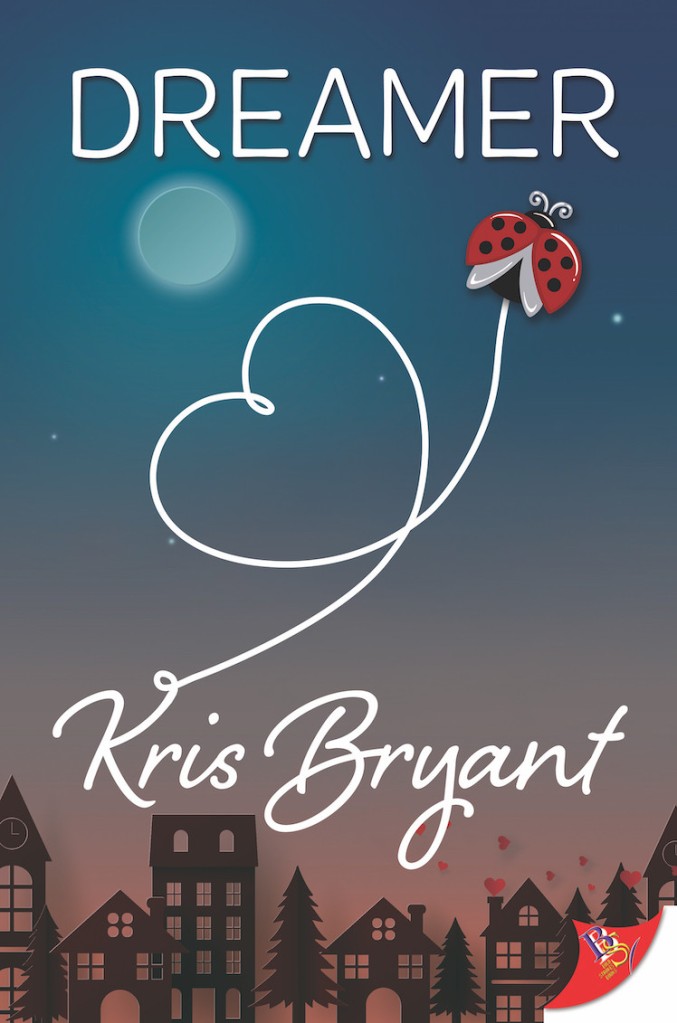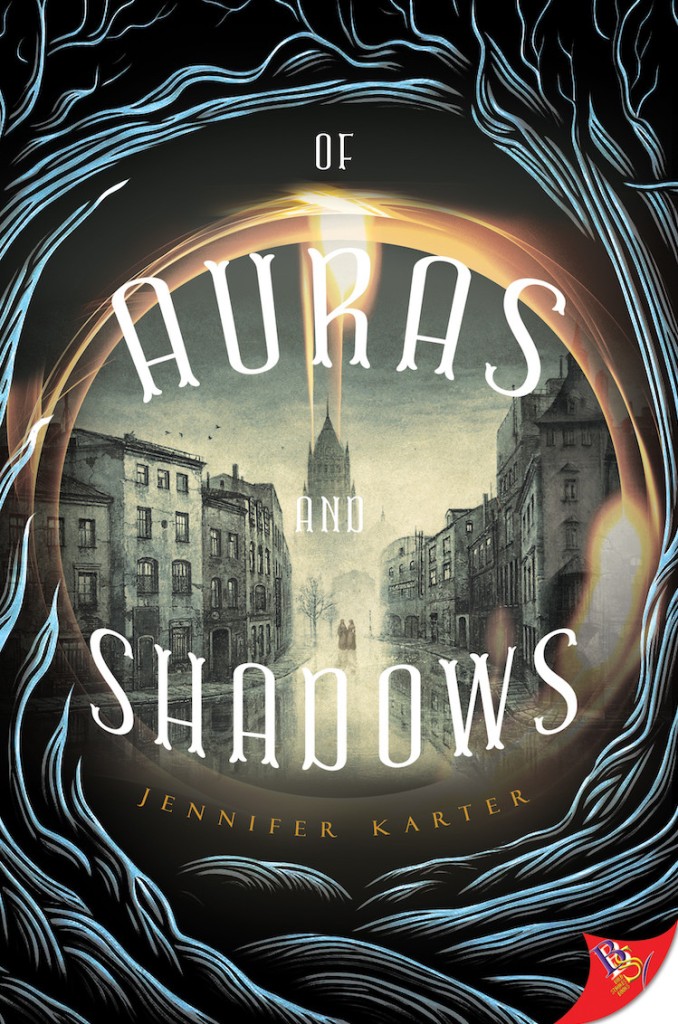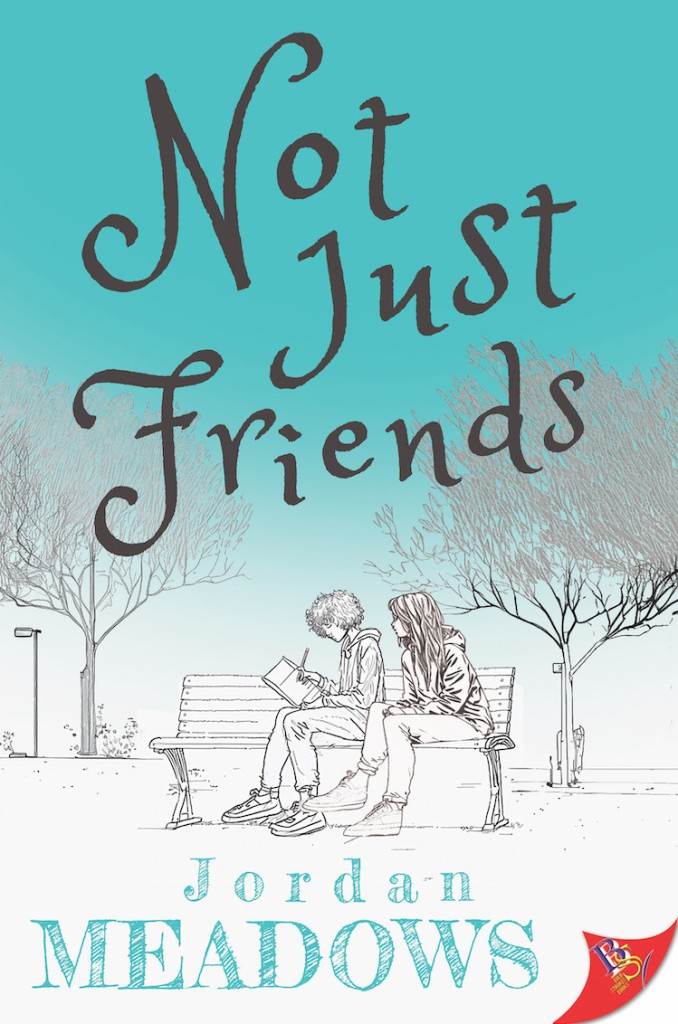
Buy from:
One hot summer day, fourteen people–the owner, bartender, three line cooks, salad maker, dishwasher, and seven servers of a supper club in a sleepy college town in northern Missouri–wake up to a changed world: people everywhere, from the President of the US to major celebrities to random citizens have all disappeared, and many have been replaced by (to them) strangers. Moreover, as far as the entire world is concerned, nothing is amiss; only the fourteen employees of the supper club Lake | Drive remember any of the missing people or the world as it was before the mass disappearances. Eventually, over the course of the summer, as they learn to navigate their new reality, the staff discover that they each can return to one person and one person only their memories of before.
What begins like a Twilight Zone episode or Stephen King novel (but without the sinister overtones) is the central premise of Lake | Drive by Joe Baumann. In fact, the implication throughout the novel is that the world has improved as a result of this reset (although unnamed, this is especially true of the presidential replacement; nevertheless, some characters comment wryly that there really is no significant change). On a personal level, Wendy, one of the cooks at Lake | Drive, comes to realize that her mother is happy, as a result of the disappearance of her boyfriend. However, not everyone’s personal situation has (obviously) improved: Glenn, the owner, wakes up to discover that his wife is among the missing. Probably fortunately for him, she is not replaced by a stranger; nevertheless, except for the Lake | Drive staff, no one remembers her, and there is no trace, material or digital, of her. As a result, he ends up taking a sabbatical from the restaurant. Glenn is the only character to lose a close family member, although Timothie, one of the servers, wakes up the morning of the change to discover that his roommate, Flower, has disappeared without a trace. (In one of the most interesting twists of the novel she does, however, return just as completely, with no memory of being “gone.”)
Although there is some initial confusion as a result of this world-changing event, the staff of Lake | Drive prove surprisingly resilient, adapting to the new world pretty quickly; most of the novel is spent not with them coming to terms with all the changes, but rather deciding on the single person (if any!) they will return memories to, and the ramifications of their decision. Satiya, the dessert maker, for example, quickly learns that returning her mother’s memory to her is a mixed blessing: every person that she learns is now missing, every person who actually is a “replacement” for someone she knew–maybe for years!–is a jolt to her, and the only one she can confide in is Satiya. (Again, returning to the example of the replaced president above, if the former president had been replaced as though he had never been, would you want to remember that?)
Baumann has crafted a compulsive page-turner of a novel, one that I had to finish in a single sitting. Although I did eventually learn Who? was responsible for and How? the central mystery occurred, what really gripped me was What would these characters do in their strange (and I think, better) new world? Not to give away the ending, but as it turned out, they became, I think, better people.
Reviewed by Keith John Glaeske














